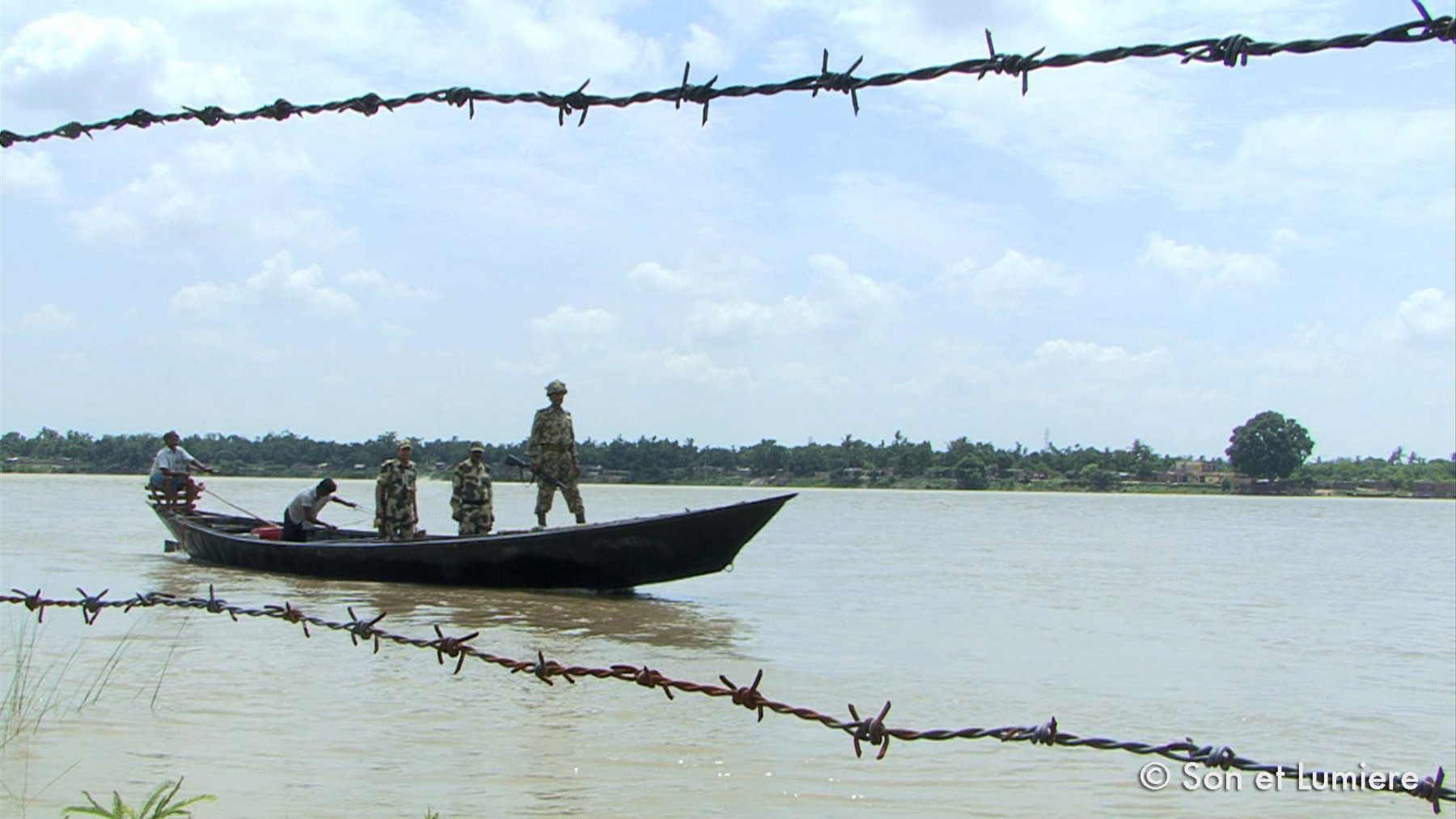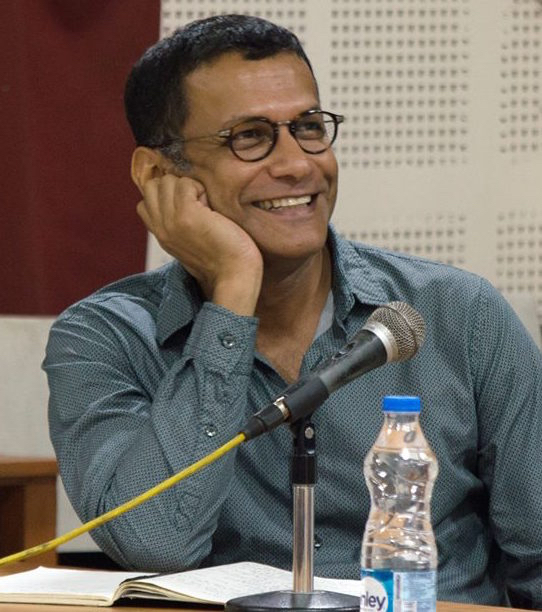Event
Futurities at the Border
This talk will draw on two instances of life and creativity in the borderlands of India: the resolute aspirations and precarious agencies wrought by frontier communities in the face of insurmountable adversities. First, I focus on displaced groups that now live on islands formed through silt sedimentation in the middle of the Ganges, along a stretch of the river that coincides with the international border between Bangladesh and India. While these settlers see the islands as divine restitution for the land they lost via riverbank erosion, for the two governments this is no man’s land and the squatters are no right-bearing citizens. In particular, I engage with the documentary Char: The No-Man’s Island (Sourav Sarangi, 2012). Second, I examine the conditions, both licit and piratical, for the recent emergence of a vital digital video “cinema” in the north-east Indian province of Manipur, which has been under military rule since 1958. Drawing on my fieldwork in the region, I explore the resilience of a border community caught between militant separatists and a punitive army, and the ingenious tactics that locals have devised to realize their creative imaginations. On the seventieth anniversary of the independence/partition of 1947, I return to the ever-contested borders of South Asia to speculate on the region’s fissured futures, and to think the constitutive relation between borders and futurities.

Bhaskar Sarkar, Associate Professor of Film and Media, UC Santa Barbara, is the author of Mourning the Nation: Indian Cinema in the Wake of Partition (Duke University Press, 2009) and a wide range of articles published in collections and journals such as Quarterly Review of Film and Video, Rethinking History, positions: asia-critique, and Cultural Dynamics. He is also the co-editor of Documentary Testimonies: Global Archives of Suffering (Routledge, 2009), Asian Video Cultures (forthcoming, 2017), The Routledge Handbook of Media and Risk (forthcoming, 2018) and two journal special issues, "The Subaltern and the Popular," Journal of Postcolonial Studies (2005) and "Indian Documentary Studies," BioScope (2012). He is currently working on two monographs--on the plasticity of contemporary cultural nationalisms, and on media piracy.
_________________________________________________________________
This event is made possible thanks to the generous sposorship of Penn South Asia Center and Cinema and Media Studies.

